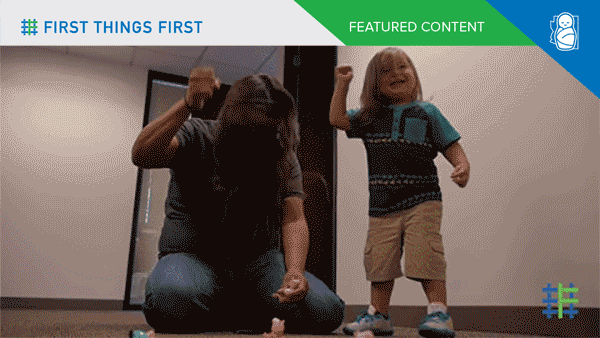Every parent wants their child to grow up feeling good about themselves, and it starts with the little things you do each day. Between the ages of 3 and 5, your child is becoming more independent, curious and social. With your support, they can build confidence, express emotions in healthy ways and develop friendships that last.
Help Them Understand Their Feelings
- Name emotions. Teach your child to recognize and name their feelings, like “happy,” “sad,” or “frustrated.”
- Teach self-regulation. Show them how to take deep breaths, count to ten or use a quiet space when they feel overwhelmed.
- Be a role model. Talk about your own feelings in a calm way, so your child learns how to handle theirs too.
Encourage Independence
- Let them choose. Offer small choices like which shoes to wear or what fruit to eat—this helps build decision-making skills.
- Celebrate mistakes. When your child makes a mistake, remind them it’s okay. Mistakes are part of learning.
- Give them small responsibilities. Age-appropriate chores, such as putting toys in a bin or helping set the table, help your child feel capable and proud.
Boost Their Confidence
- Praise the effort. Focus on hard work and progress, not just results. Say things like “You kept trying even when it was hard!”
- Cheer on new skills. Whether they ride a tricycle or draw a picture, celebrate their wins—it helps them believe in themselves.
Pro tip: Learn more about how calm voices can create calmer kids from the Child Mind Institute.
Support Their Curiosity and Learning
- Say “yes” to questions. Even if you don’t have all the answers, welcome their curiosity and help them explore.
- Play and learn together. Simple activities like sorting blocks, exploring nature or trying science experiments at home can spark their love for learning.
Create a Safe and Supportive Environment
- Keep a routine. A predictable schedule makes your child feel safe and secure.
- Talk and listen. Ask your child about their day. Really listen, and let them know their feelings matter.
- Stay calm during big feelings. When things get tough, your calmness shows your child how to handle emotions—and helps build their trust in you.



